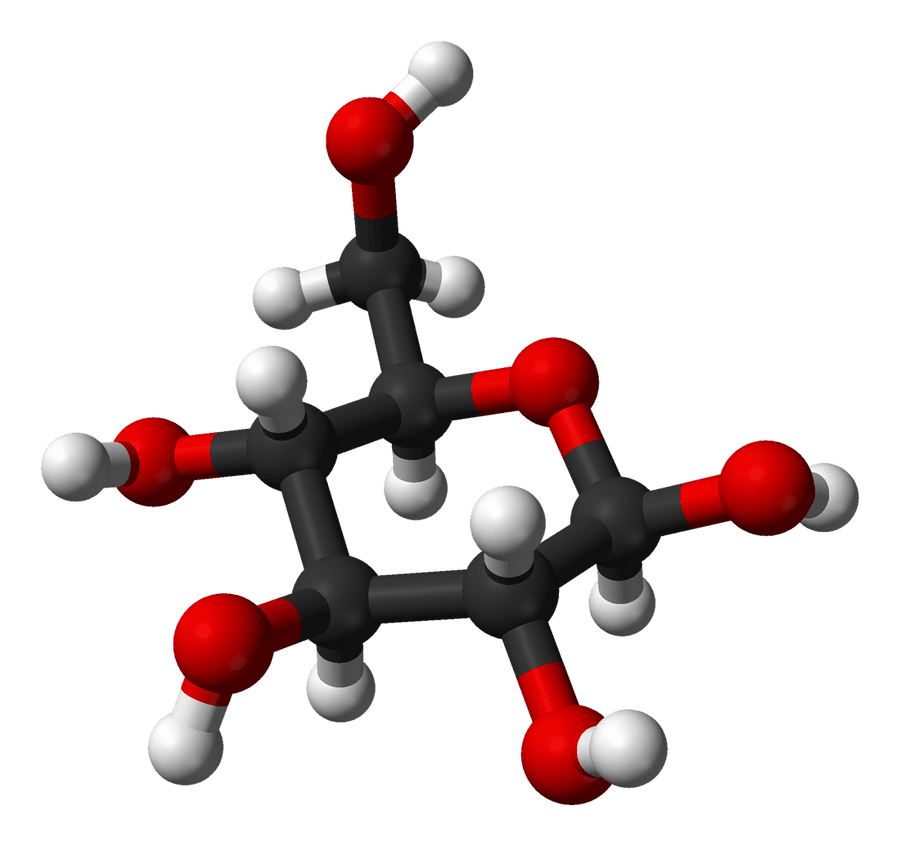Memory
Even a single occasion of increased glucose levels in the blood can harm your brain. It can impair your memory and attention.
High sugar consumption causes inflammation in the brain. But, it can be reversed by following a low-sugar, low-GI diet.
189
1.82K reads
CURATED FROM
IDEAS CURATED BY
The idea is part of this collection:
Learn more about health with this collection
How to focus on the present moment
How to improve relationships through mindful communication
How to reduce stress and anxiety through mindfulness
Related collections
Similar ideas to Memory
The sugar crash
When you eat too much sugar, your blood sugar levels peak and drop. This causes you to experience irritability, mood swings, brain fog, and fatigue. You may find yourself feeling anxious or depressed. Carb-laden foods create the same response.
Chronically high blood sugar l...
Our Body’s Blood Glucose Response
Based on our daily diet patterns, apart from stress levels, exercise and sleep, we end up affecting our blood glucose response. High GI (Glycaemic Index) is generally thought to be bad for us, while Low GI food is considered good.
New research is finding ...
Glucose levels and willpower
Our brain's normal functions, such as thinking, learning, and memory, relies on glucose. Exerting our willpower uses a considerable amount of this fuel, leaving our brains in a state of alert trying to attain normal blood sugar levels. The drop in blood sugar will generally leave us more and pron...
Read & Learn
20x Faster
without
deepstash
with
deepstash
with
deepstash
Personalized microlearning
—
100+ Learning Journeys
—
Access to 200,000+ ideas
—
Access to the mobile app
—
Unlimited idea saving
—
—
Unlimited history
—
—
Unlimited listening to ideas
—
—
Downloading & offline access
—
—
Supercharge your mind with one idea per day
Enter your email and spend 1 minute every day to learn something new.
I agree to receive email updates

